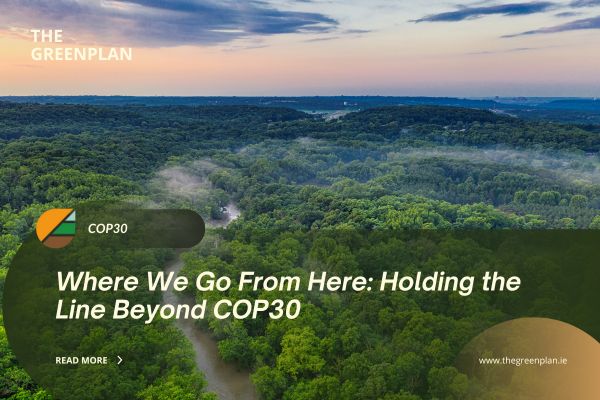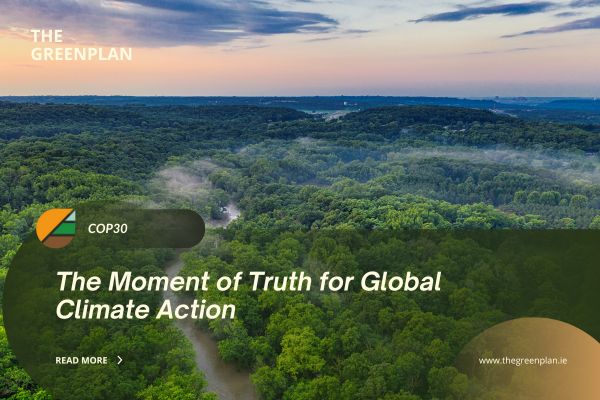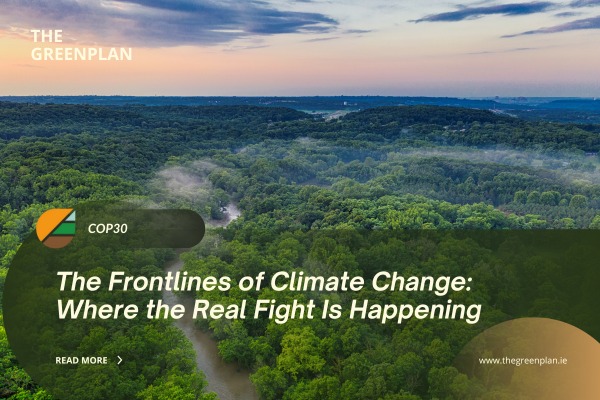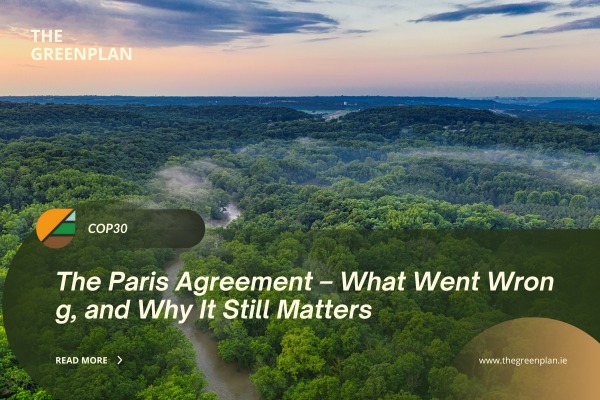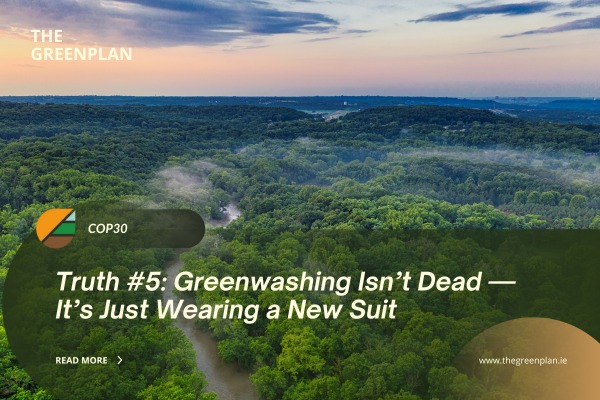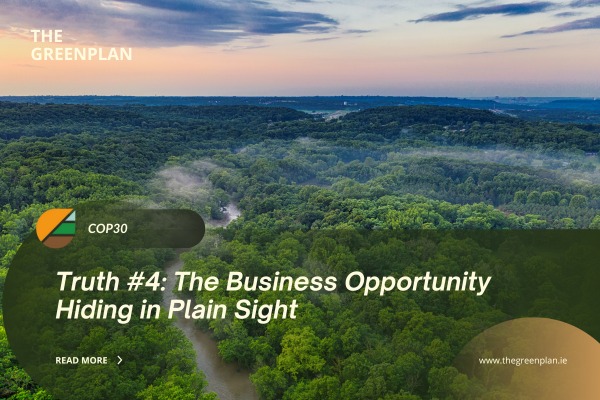There’s a phrase that gets thrown around a lot in the climate world: “climate justice.”
Sometimes I worry it’s becoming a headline term, something said more than it’s lived.
But here’s the truth: climate justice isn’t optional. It’s the entire point.
I’ve seen the frontlines of this crisis. I’ve worked with emergency services hit by back-to-back floods, with families in communities who’ve lost homes to sea level rise, and with workers trapped in industries that the green transition is about to leave behind. These aren’t statistics. They’re people. And they deserve better than press releases.
The people most affected by climate change are the ones least responsible for causing it. That should be the single guiding principle at COP30 in Brazil. Not a side note. Not a negotiation point. The principle.
When I talk about climate justice, I don’t mean vague promises of inclusion. I mean:
- Giving Indigenous and frontline communities the resources and power to lead their own solutions.
- Making climate finance accessible, fair, and fast, not buried in red tape.
- Ensuring that the global South doesn’t carry the burden of rich nations’ historical emissions.
The Amazon is not just a symbol. It’s a living system. A carbon sink. A cultural anchor for millions. And it’s being destroyed faster than we can regenerate trust.
If COP30 doesn’t deliver on justice, it will fail.
But I believe it can. And I believe in using systems that bake fairness into action—not as a box to tick, but as a starting point. That’s why The GreenPlan integrates equity, access, and real-world results into every community we work with. It’s not about charity. It’s about shared responsibility.
So let me be clear:
If we’re not funding the frontlines, we’re not fighting climate change. We’re just outsourcing it.
The world doesn’t need another elite summit. It needs climate justice with teeth.
Let’s make sure COP30 delivers it.


